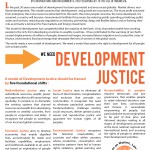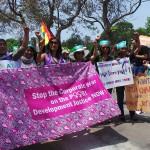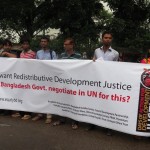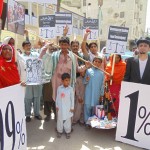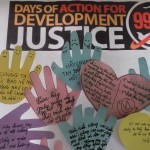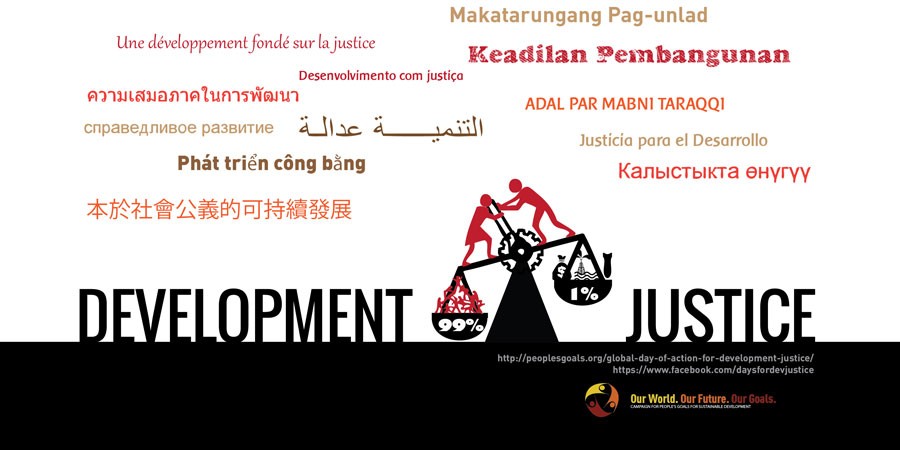
Asia Pacific Forum on Women, Law and Development together with organisations who are part of the multisectoral coalition Campaign for People’s Goals for Sustainable Development have are advocating for Development Justice, a development framework that aims to reduce wealth, power and resource inequalities between countries, between rich and poor and between men and women.
A model of Development Justice should be framed by five foundational shifts :
Redistributive justice aims to redistribute resources, wealth, power and opportunities to all human beings equitably. It compels us to dismantle the existing systems that channel resources and wealth from developing countries to wealthy countries, from people to corporations and elites. It recognises the people as sovereigns of our local and global commons.
Economic justice aims to develop economies that enable dignified lives, accommodate for needs and facilitate capabilities, employment and livelihoods available to all, and is not based on exploitation of people or natural resources or environmental destruction. It is a model that makes economies work for people, rather than compels people to work for economies.
Gender and Social Justice aims to eliminate all forms of discrimination, marginalization and exclusion that pervade our communities. It recognises the need to eliminate patriarchal systems and fundamentalisms, challenge existing social structures, deliver gender justice, sexual and reproductive justice and guarantee the human rights of all peoples.
Environmental Justice recognises the historical responsibility of countries and elites within countries whose production, consumption and extraction patterns have led to human rights violations, global warming and environmental disasters and compels them to alleviate and compensate those with the least culpability but who suffer the most: farmers, fishers, women and marginalised groups of the global south.
Accountability to peoples requires democratic and just governance that enables people to make informed decisions over their own lives, communities and futures. It necessitates empowering all people, but particularly the most marginalised, to be part of free, prior and informed decision making in all stages of development processes at the local, national, regional and international levels and ensuring the rights of people to determine their development priorities.

